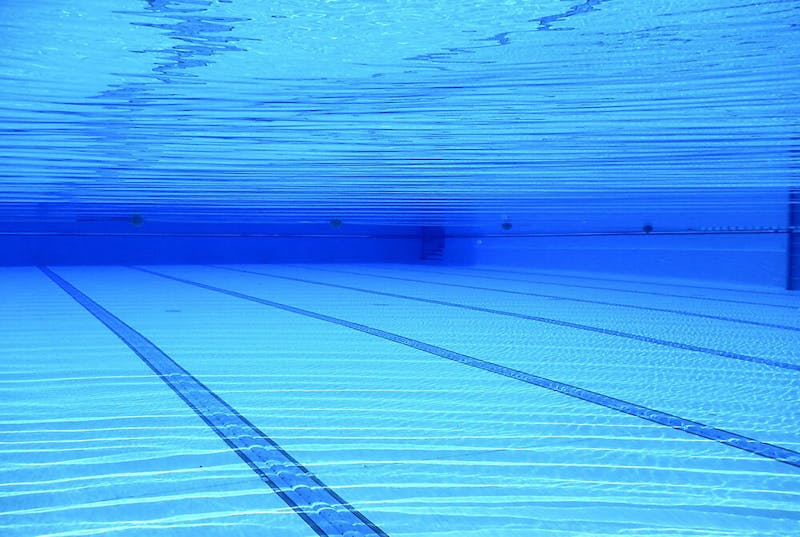
Swimming pools are a fun way to cool off during hot Arkansas summers. Whether it’s a public pool or a private pool, kids and adults alike love to swim and splash. But if swimmers aren’t careful, pools can get dangerous very quickly. Plenty of accidents happen at pools that are debilitating or deadly.
When a person is seriously hurt at a pool, the case falls under premises liability. If a property owner did not keep their pool up to safety standards, they should be held responsible for their negligence. A premises liability lawyer in Little Rock can help you with your case. Keep reading to find out how often serious pool accidents occur.
Causes of Serious Swimming Pool Accidents
Swimming pool accidents can cause serious injuries, and the most serious is drowning. According to the Centers for Disease Control and Prevention (CDC), about 4,000 people die from unintentional drowning every year. That breaks down to about 11 a day, which shows that serious swimming pool accidents occur often. Of those deaths, about one in five are children 14 years old and younger.
Here are some factors that contribute to serious swimming pool accidents:
- Swimming skills. Plenty of children and adults don’t know how to swim. If a person falls into the pool or accidentally moves into the deep end, the situation can turn fatal quickly. Formal swimming lessons can reduce the risk of drowning.
- Drain covers. Drains can cause suction and trap children underwater. Pool owners and pool goers should make sure that all drains have compliant covers and teach children to stay away from drains.
- Fences. An effective way to reduce pool accidents is four-sided fencing that closes off the pool area. Without fencing, children and others have access to a pool at any time, and so accidents can occur even when the pool isn’t in use. A self-closing, self-latching gate can add to safety as well.
- Supervision. Children can drown quickly and quietly, even when they’re being watched vigilantly. The CDC warns that children ages 1 to 4 have the highest drowning rates. It’s important to keep a child in your line of sight at all times, especially if they have access to a pool or other water. If you’re an adult who watches children frequently, learning cardiopulmonary resuscitation (CPR) could save a life.
- Drinking. According to the CDC, 70% of water-related deaths in adolescents and adults involve alcohol. When drinking alcohol, it is safest to stay away from swimming pools to avoid serious accidents.
- Seizures. People with seizure disorders have a higher drowning risk. Lifeguards and others supervising should pay close attention, especially to swimmers with seizure disorders.
These scenarios and precautions should always be considered when hanging around a pool. The U.S Consumer Product Safety Commission created PoolSafely.gov as a resource for parents and others who want to learn more about safety around pools.
Serious Swimming Pool Accidents
While drowning is a very serious swimming pool accident, there are other serious injuries that can happen in and around a pool. Here are some other serious injuries that can result from pool accidents:
- Head and neck injuries
- Spinal cord injuries
- Broken bones
- Electrocution
These accidents could potentially be caused or worsened by negligence of the pool owner or lifeguard.
Who is liable?
If you are injured at a private or public pool, the property owner or property manager could be liable for your injury if they were negligent. Your case could be difficult, so you’ll have to prove that the property owner did not meet safety standards and it directly caused your accident. With help from McMath Woods P.A., you’ll be able to fight your premises liability case against the property owner. Contact us today and we will help you hold the liable party responsible for your injuries.

